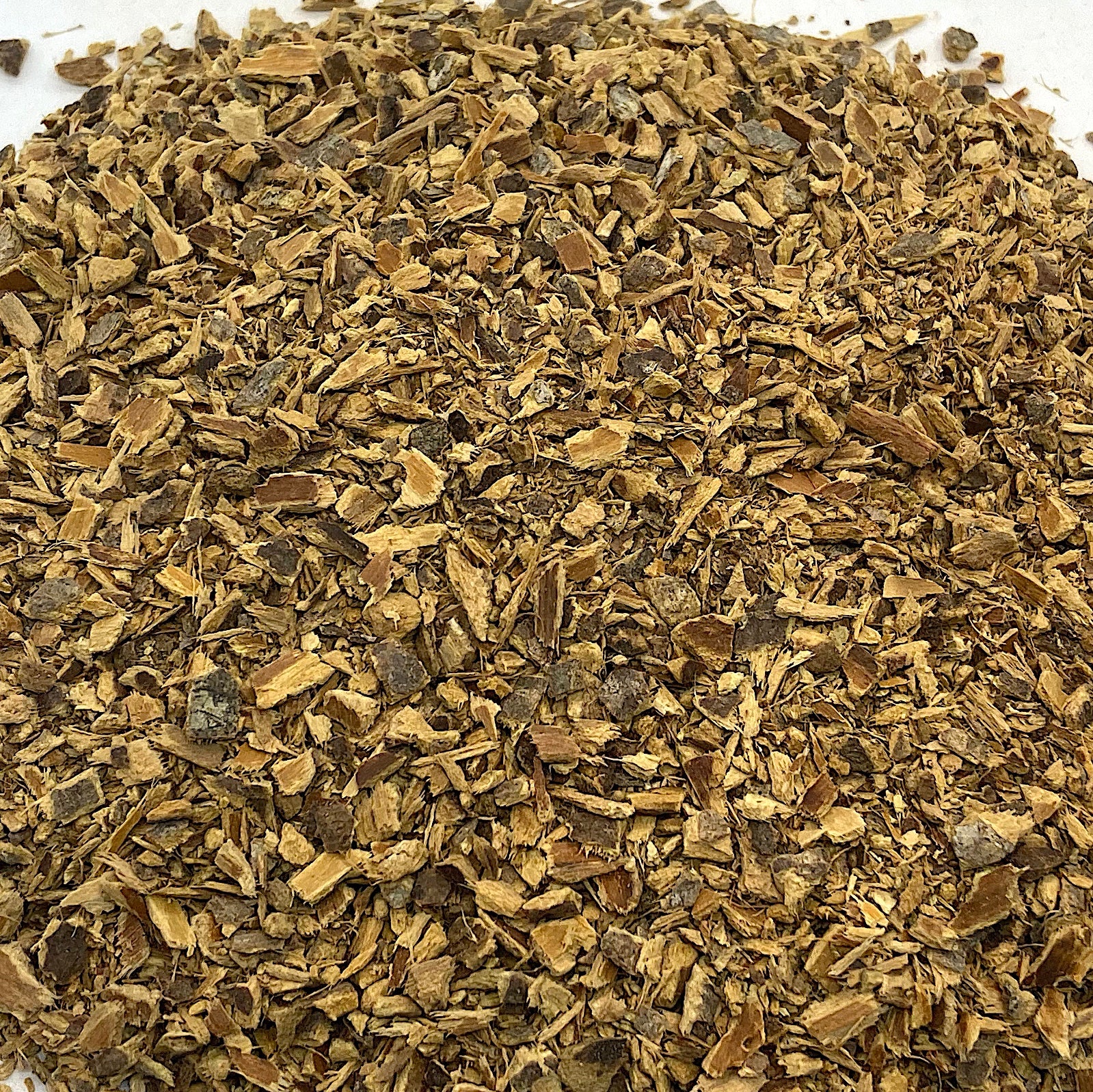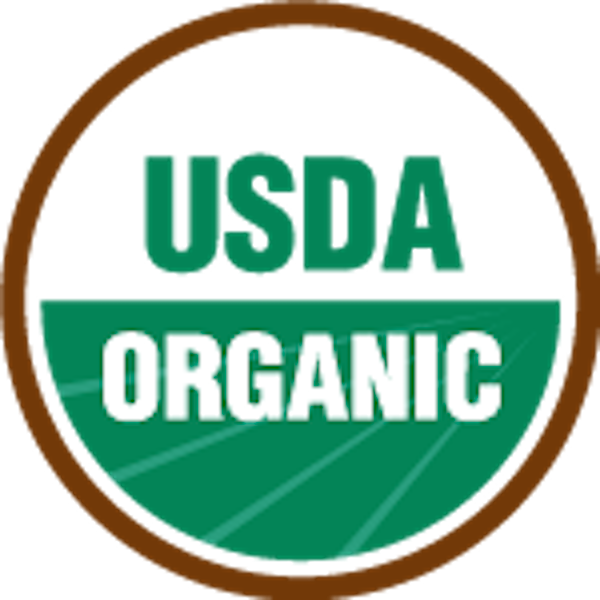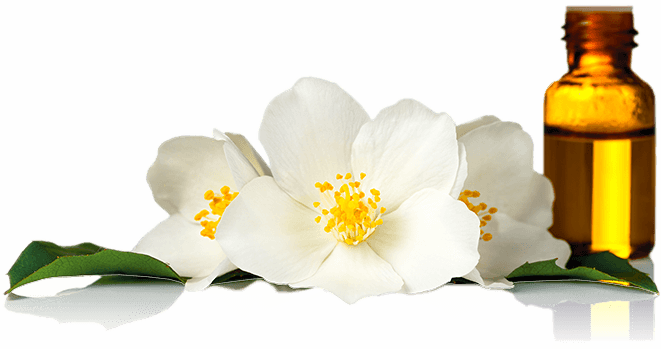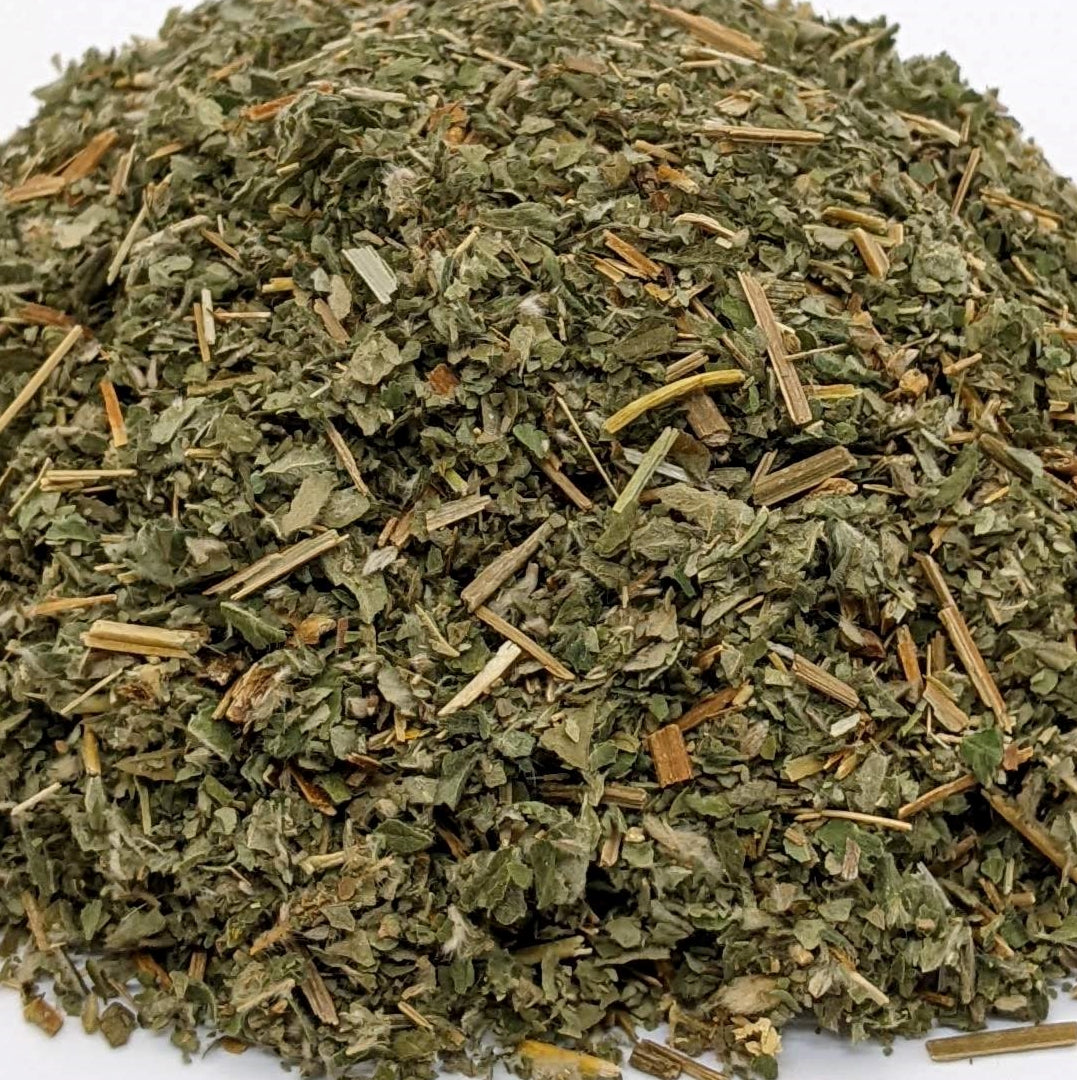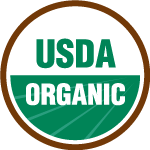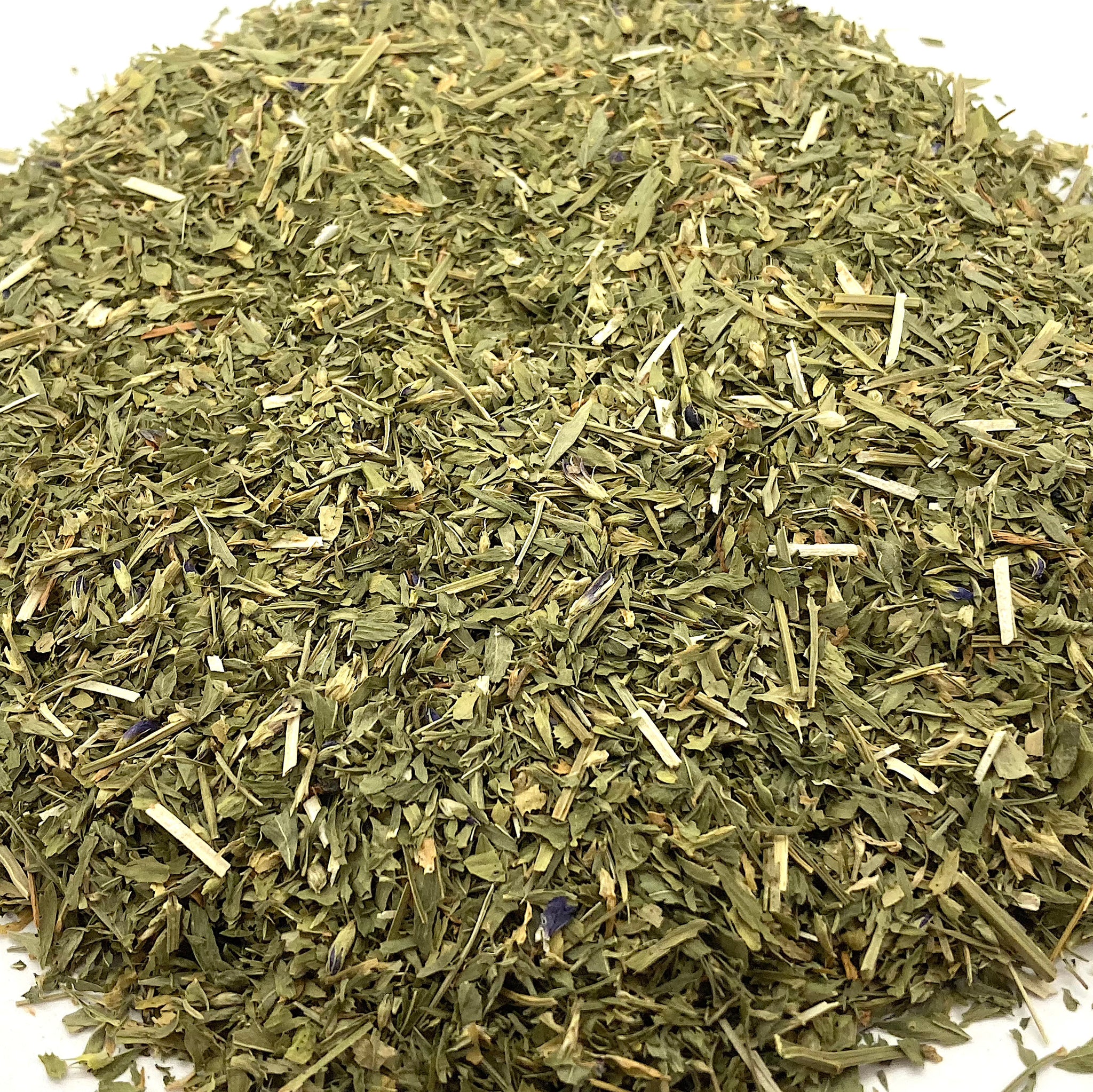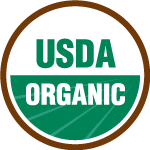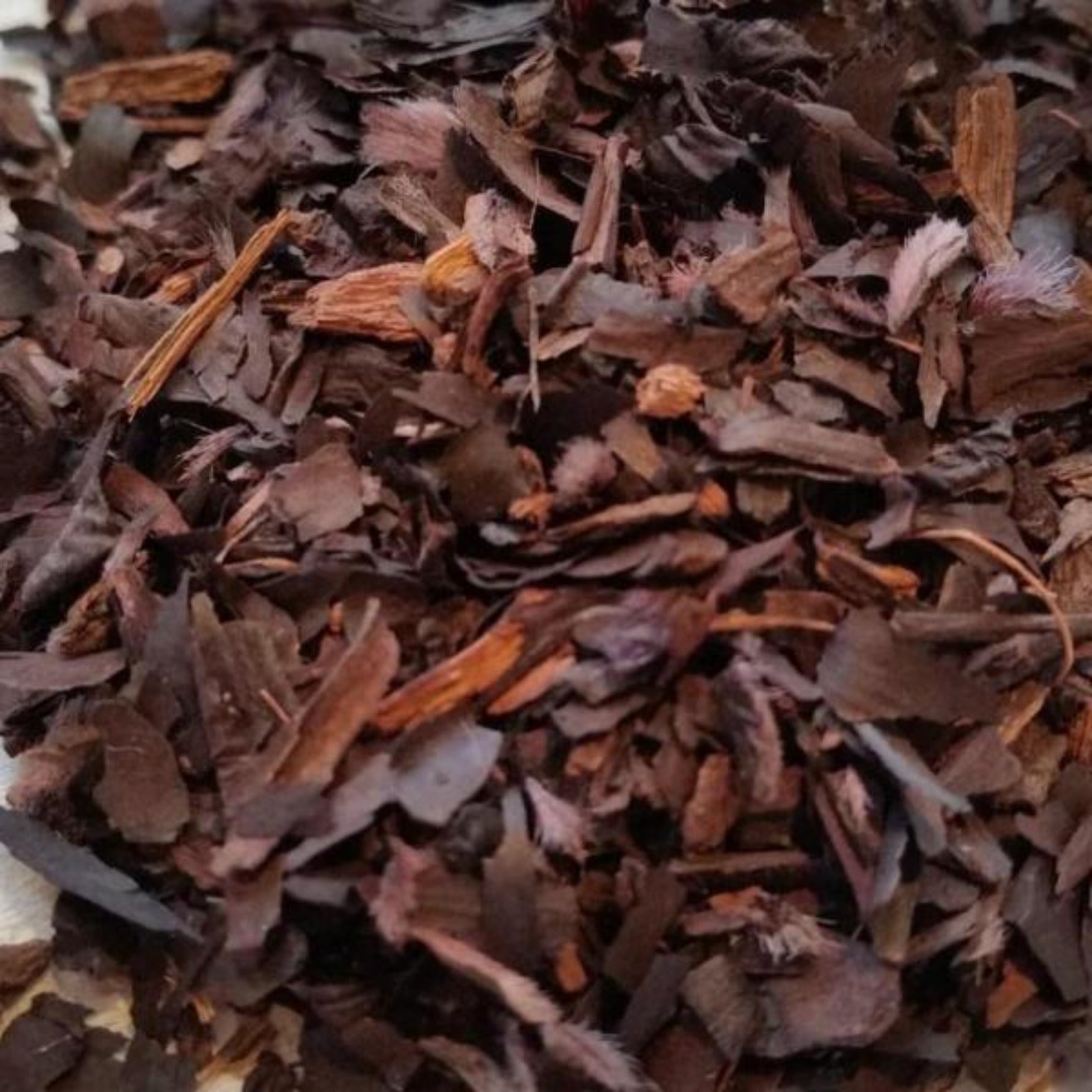Description
SRI LANKA. Cinnamon (Cinnamomum verum) Sweet, Cut and Sifted, Certified Organic
Family: Lauraceae
Cinnamon, the common and beloved spice, is also a remarkable herbal medicine. It is the bark of several tree species native to wet tropical climates, including India, Sri Lanka, Bangladesh, and Myanmar. Cinnamomum verum, “true Cinnamon,” is less pungent and more subtle than its counterpart C. cassia, and very nice for teas. It is also far lower in blood-thinning coumarins, making it much safer to consume in large amounts.
The plant’s volatile oils, mostly cinnamaldehyde, are the main source of its unique scent and flavor. Other components include cinnamyl alcohol, cinnamic acid, and anthocynin. Cinnamon is a rich source of of vitamin K, calcium and iron, with moderate amounts of vitamin B6, vitamin E, magnesium, and zinc. It inhibits common food-borne bacteria, and reduces blood sugar in people consuming sweet treats—no wonder it’s been so prized for so long!
Traditionally Cinnamon bark has been used to treat nausea, flatulence, gynecological conditions, coughs and chest complaints, diarrhea, and malaria. Research suggest that its benefits include anti-inflammatory properties, anti-microbial activity, reducing cardiovascular disease, boosting cognitive function, relieving pain, and reducing the risk of colon cancer.
The warming, stimulating, and antispasmodic properties of Cinnamon make it useful in all kinds of conditions related to becoming chilled, and it’s also valued for reducing fevers. It is excellent for digestive complaints such as abdominal distention, diarrhea, nausea and vomiting. It is also used as an adjuvant, or synergistic herb, in formulas, to increase their effectiveness.
*These statements have not been evaluated by the FDA. These products are not intended to diagnose, treat, cure or prevent any disease.

